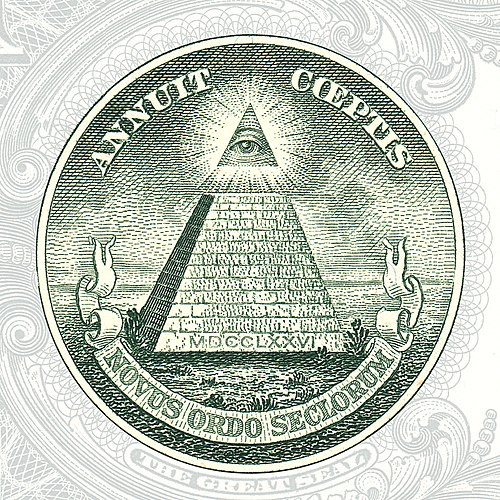
On May 1, 1776, a group of five men founded a secret organization in Ingolstadt, Bavaria. This organization, known as the Illuminati, would go on to become one of the most influential secret societies of its time.
The founding members of this organization were Adam Weishaupt, a professor of Canon Law at the University of Ingolstadt, as well as four of his students. They aimed to create a secret society that could improve society and politics of the time.
The Illuminati began recruiting new members, mostly academics and intellectuals. They created a complex hierarchy with different grades, ranging from "novice" to "perfect." Members were required to keep their membership in the secret society a secret, even from close family and friends.
The goals of the Illuminati were ambitious. They wanted to promote freedom and equality, as well as religious tolerance and reason. They also sought to oppose the influence of the Roman Catholic Church and the nobility, who dominated Bavaria and Europe at the time.
The Illuminati were accused of having subversive intentions and conspiring against religious and political authorities. In 1784, the Bavarian government banned the organization and expelled many members. The secret society was then dissolved, although some sources indicate that it may have continued to exist secretly.
Despite its short existence, the Illuminati had a great influence on Western history and culture. Their ideas inspired the French and American revolutionary movements, as well as the German Romantic movement. The conspiracy theories surrounding the organization have also inspired many novels and films.
In the end, the founding of the Illuminati marked an important milestone in the history of secret societies and European politics. Although it was banned and dissolved, its influence was felt for centuries and left a lasting mark on the history of the West.
Paddy.84, Public domain, https://de.wikipedia.org/wiki/Illuminatenorden#/media/Datei:Dollarnote_siegel_hq.jpg


0 comments: